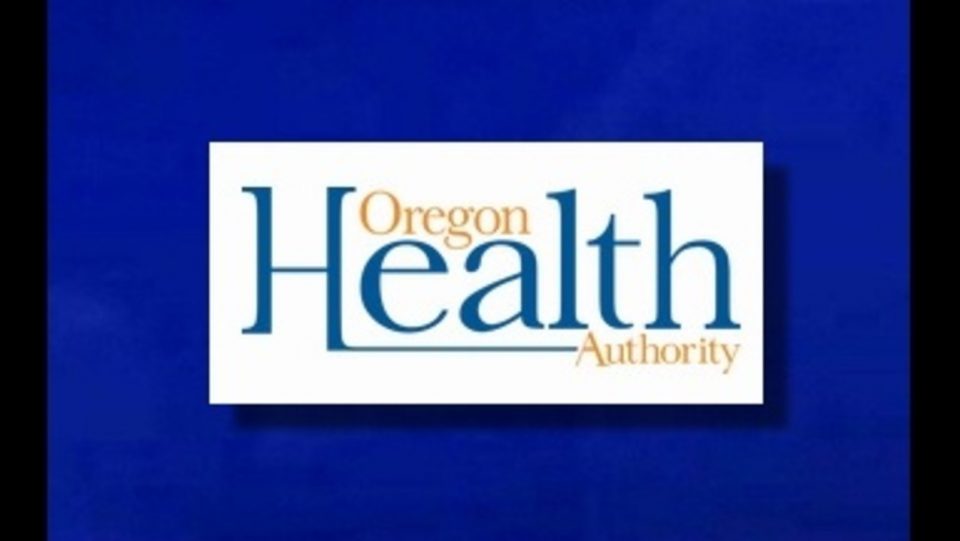The report also urges eliminating closed behavioral health networks.
Oregon Health Authority (OHA) has realized gains in providing access to culturally responsive health services, according to a 2023 year-end report issued by OHA’s Ombuds program.
But the report also urges OHA to take more steps to further broaden access to these programs and to expand the Ombuds program’s capacity to more effectively respond “to the complexity of current multi-system casework that reflect statewide gaps in mental health and substance abuse care” for Oregon Health Plan (OHP) members.
“OHA must work collaboratively with coordinated care organizations (CCOs) while also acting on equity-centered Oregon Health Plan member policy solutions for our statewide behavioral health crisis,” said Sarah Dobra, OHA Ombuds program manager.
“OHA must ensure in the next CCO’s procurement that CCOs contract with all willing and licensed behavioral health providers,” she added.
The report is based on Ombuds Program data, member stories and experiences, along with other statewide data.
The 2023 report “presents no new concerns” but continues to elevate concerns from previous years. (Annual reports since 2020 can be found on the OHA website.)
The report called for more efforts in two categories:
- Providing language access and culturally responsive services, and
Eliminating closed behavior health networks.
Language access and culturally responsive services
While the report lists successes over the past four years to increase accessibility to culturally responsive care, it also raised numerous concerns about existing challenges.
OHP members who prefer a language other than English, or seek culturally responsive care, still experience service gaps, and are often overwhelmed by the complexities of the system, which sometimes results in poorer quality of care.
The report recommends adding enhanced payments to physical and dental services providers who provide culturally responsive services. This is already done within behavioral health.
Eliminate closed behavioral health networks
The complexities of the system take a toll on Ombuds program resources. Over the four years, the program’s casework, and advocacy for OHP participants experiencing substance use disorders or mental health concerns increased by 87 percent.
This requires improved coordination and a need for shared solutions between OHA’s Medicaid and Behavioral Health Divisions, according to the report.
Other concerns include:
- Insufficient statewide capacity for residential substance use disorder services, resulting in OHP members struggling to find those services in their CCO networks.
- Member access is further limited by CCO provider networks that either lack availability by specialty or may not work with all inpatient facilities willing to accept OHP members.
- Lack of real-time updates to OHP provider directories, resulting in “ghost networks” that presume there is provider availability, when there is not.
- Inadequate access to substance use provider networks. On average, CCOs
,contract with only nine of Oregon’s 47 licensed facilities, meaning that a CCO member’s ability to gain timely access to treatment is dependent on which CCO they are in. - Limited CCO mental health networks for mental health clinicians which leads to OHP members being unable to access mental health providers contracted with their CCO.
The Ombuds program supports Oregon’s efforts to advance better health, lower costs, and better care for everyone in Oregon.
OHP members encountering barriers or challenges to accessible care are encouraged to work directly with their CCO to resolve their concerns. All members have the right to ask for a care coordinator.
CCOs and Care Coordinators are often best equipped to support and resolve OHP member access to care and quality of care concerns in a timely manner.
OHP members who have not received the support they need from OHA or from a CCO can contact the Ombuds program for support udsOffice@odhsoha.oregon.gov“>by email or by phone (1-877-642-0450).
Contact information and a phone message line are available in 14 languages and can be found on the OHA Ombuds program website.
###









